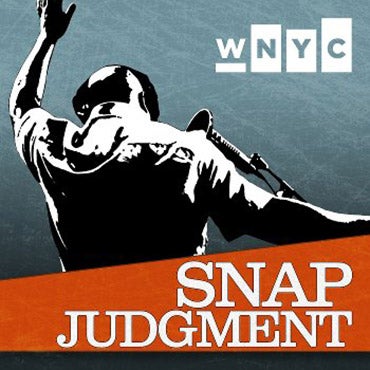Horizon’s new partnership aims to better integrate mental health needs into care
New Jersey’s largest insurance provider, Horizon Blue Cross Blue Shield, has signed a $1.5 million contract with the New York tech startup, Quartet.

(ShutterStock)
New Jersey’s largest insurance provider, Horizon Blue Cross Blue Shield, has signed a $1.5 million contract with the New York tech startup, Quartet.
Starting this month, Quartet will now link doctors with behavioral health specialists for patients who need them. The software builds off an integrated or collaborative care model, where behavioral health specialists are employed in hospitals alongside primary care doctors. Studies have shown these models work, but not all providers can hire specialists on site. So, Quartet aims to simulate the idea with an algorithm.
Dr. David Wennberg, Quartet’s chief science officer, says the company bases its model on data it mines from medical and billing records for people who are currently in treatment for behavioral health issues.
“We ask a simple question,” said Wennberg. “What did these people look like in the two years before they were diagnosed or treated that could raise the flag that said this person may need care?”
For example, a report from the New Jersey Hospital Association found that 45 percent of people visiting the emergency room in New Jersey had a behavioral health diagnosis. But it’s unlikely that the ER is the best place for the follow-up care they need. One of the indicators that Quartet looks for in identifying patients with unmet behavioral health issues is emergency room visits. Another is frequent visits to different medical specialists. Wennberg said seeking treatment for a range of health issues in a short period of time is often a symptom of anxiety, but it’s easy for doctors to miss that without a coordinated effort.
“They’re being treated for their symptoms but no one’s really asking the underlying question like, ‘What does this person actually have which is causing them to do that?’”
Once a patient is flagged for being at-risk, the Quartet app would send the person’s primary care physician a notification, along with a list of specialists that might meet the patient’s needs.
Shauna Moses is the Vice President for Public Affairs and Member Services at the New Jersey Association of Mental Health and Addiction, which coordinates and advocates on behalf of mental and behavioral health organizations throughout the state. She said the communication channels between physical and mental health providers have been poor, and stresses that one of the biggest advantages offered by the Quartet technology is identifying patients who need help quickly.
“The sooner you get treatment, the more likely that treatment is going to be successful,” said Moses. She notes that fast diagnoses of behavioral health issues are especially important when it comes to mitigating the risk of suicide, the rates of which are rising in New Jersey and nationwide.
Moses said she knows of at least two New Jersey hospitals within her network who are working with Quartet on the behavioral health side: Trinitas Regional Medical Center and St. Joseph’s Health. Wennberg said Quartet knows that identifying enough providers on the mental health side will be a challenge in communities where the burden of illness is high, so they are actively working on recruiting behavioral health specialists. So far, at least 50 primary care physicians have signed up for the program and at least one patient has been identified for further behavioral health treatment.
WHYY is your source for fact-based, in-depth journalism and information. As a nonprofit organization, we rely on financial support from readers like you. Please give today.





